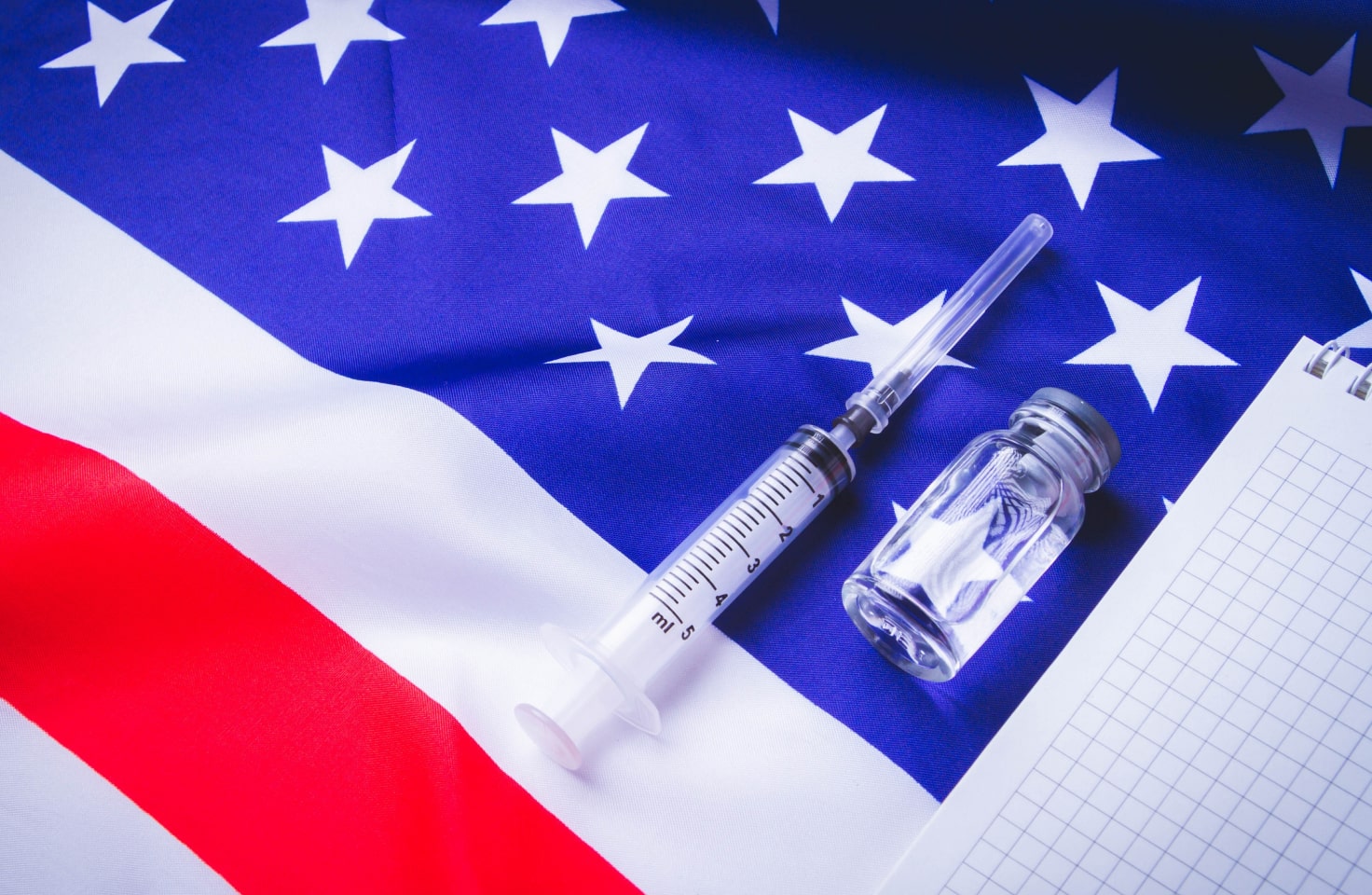T1D Guide
T1D Strong News
Personal Stories
Resources
T1D Misdiagnosis
T1D Early Detection
Research/Clinical Trials
What to Do With Extra Diabetes Supplies
Managing excess diabetes supplies can be a challenging yet essential aspect of living with type 1 diabetes. When circumstances change due to a shift in medications or other reasons—finding yourself with surplus supplies may leave you wondering how to handle them. One impactful solution is to consider donating these supplies, which not only aids those facing financial difficulties but also fosters a sense of social connection and support within the diabetes community.

Read on to uncover some options for donating diabetes supplies and making a positive impact in the lives of others.
Living with diabetes often involves a continuous need for essential life-saving supplies such as insulin, test strips, and insulin pump sets. Changes in treatment plans, advancements in technology, or shifts in prescription medications can result in individuals having excess supplies that might go unused.
Donating these surplus goods is a generous, practical way to contribute to the well-being of others in the diabetes community.

Talk to Your Diabetes Health Care Team
The best way to know what to do with surplus diabetes supplies is to contact your doctor’s office to inquire about their donation policies. Many healthcare facilities have connections with local charities, clinics, or nonprofits supporting needy individuals. Your healthcare team can provide valuable insights, ensuring that your donation aligns with the community’s specific needs and contributes to improving accessibility for individuals with diabetes.
Organizations Accepting Donations
Several international organizations specialize in collecting and distributing diabetes supplies to those in need.
Here are a few notable ones:
Insulin for Life USA
Insulin for Life U.S.A. is committed to providing insulin and diabetes supplies to those in need domestically and internationally.
How to Donate: They accept donations of unexpired, unused insulin, test strips, and other diabetes supplies. Donors can send supplies directly to their headquarters. Have extra insulin pump supplies? The American Diabetes Association (ADA) recommends contacting Insulin for Life at ifl-usa.org or (352) 327-8649. It's easy: you simply pay for the shipping to their center.

Integrated Diabetes Services (I.D.S.)
Integrated Diabetes Services understands that many of us have extra medical devices and is committed to helping those in need access to donated supplies.
How to donate: Contact the I.D.S. office to ensure they are still accepting the supplies you have on hand. Once confirmed, pack your supplies up and send them in. Injectable refrigerated medications (AKA insulin) must be delivered in person to their office as they can not accept mailed insulin.
Project C.U.R.E.
Project C.U.R.E. is dedicated to delivering medical supplies and equipment to underserved communities globally, including those affected by diabetes.
Interesting Fact: Project C.U.R.E. provides essential care items such as field transfusion kits, hemostatic bandages, tourniquets, gloves, gauze, sutures, surgical supplies, and emergency equipment such as stretchers, gurneys, and ventilators. While most of Project C.U.R.E.’s donations are delivered by ocean freight containers, our emergency response is typically delivered by air freight. Project C.U.R.E. has responded to recent violence in Ethiopia, Gaza, Israel, Nigeria, Nagorno Karabakh, Mali, and Ukraine.

How to Donate: Project CURE accepts donations of unexpired diabetes supplies, including insulin, test strips, and monitoring devices. Donors can find a local Project C.U.R.E. distribution center or participate in collection events.
Independent Diabetes Services (IDDT)
Independent Diabetes Services helps developing countries by distributing diabetes supplies like needles, lancets and test strips. Their Insulin Initiative project processes donations of unwanted, in-date and unused insulin to those in need.
How to donate: The organization is still sending supplies to help people with diabetes in Ukraine; please send items to IDDT or contact IDDT by telephone at 01604 622837 or email questions to enquiries@iddtinternational.org.
CR3 Diabetes Association
CR3 Diabetes Association provides glucose meters, testing strips, insulin pumps and insulin pump supplies to individuals with diabetes. The non-profit supports T1Ds and T2Ds by offering knowledge, equipment and encouragement to the diabetes community.
How to donate: Follow the instructions on the CR3 website. CR3 is now accepting Medtronic 670G, 770G, and 780G insulin pumps, unexpired Medtronic, Tandem/T-slim, Tandem X2, and Omni Pod pump supplies, glucose test strips, Medtronic, and Dexcom sensors and transmitters.
“At the end, it’s not about what you have or even what you’ve accomplished. It’s about who you’ve lifted up, who you’ve made better. It’s about what you’ve given back.”
― Denzel Washington

Random Acts of Kindness
Donating diabetes supplies is a compassionate way to support individuals who may not have access to these necessities otherwise. By contributing to organizations like Insulin for Life U.S.A., Project CURE, IDDT, Integrated Diabetes Services, and CR3 Diabetes-you play a crucial role in positively impacting the lives of others affected by diabetes. These donations can help bridge the gap for those facing financial constraints or living in underserved communities where access to diabetes care may be limited.
Before donating, it’s essential to contact these nonprofits and familiarize yourself with their specific donation guidelines. Ensuring that your supplies meet their criteria and can be effectively utilized helps maximize the impact of your contribution. Additionally, staying informed about each organization’s current needs and requirements ensures that your donation aligns with their ongoing efforts to support individuals with diabetes.
Managing excess diabetes supplies can be turned into an opportunity to make a positive difference in the lives of others. By donating these surplus supplies to reputable organizations, you contribute to the broader diabetes community and help ensure that individuals in need have access to essential resources for managing their condition. Taking the time to explore donation options and following specific guidelines ensures that your gesture of generosity has a meaningful and lasting impact on those who rely on these supplies for their health and well-being.


.webp)





.jpg)
.jpeg)
.jpg)
.webp)
.jpg)
.jpg)
.jpg)



.jpg)

.jpg)

.jpg)



.jpg)
.jpg)
.jpg)

.jpg)

.jpg)














.jpg)


.jpg)







.webp)












.webp)





















.webp)








.jpg)




.jpg)















.webp)